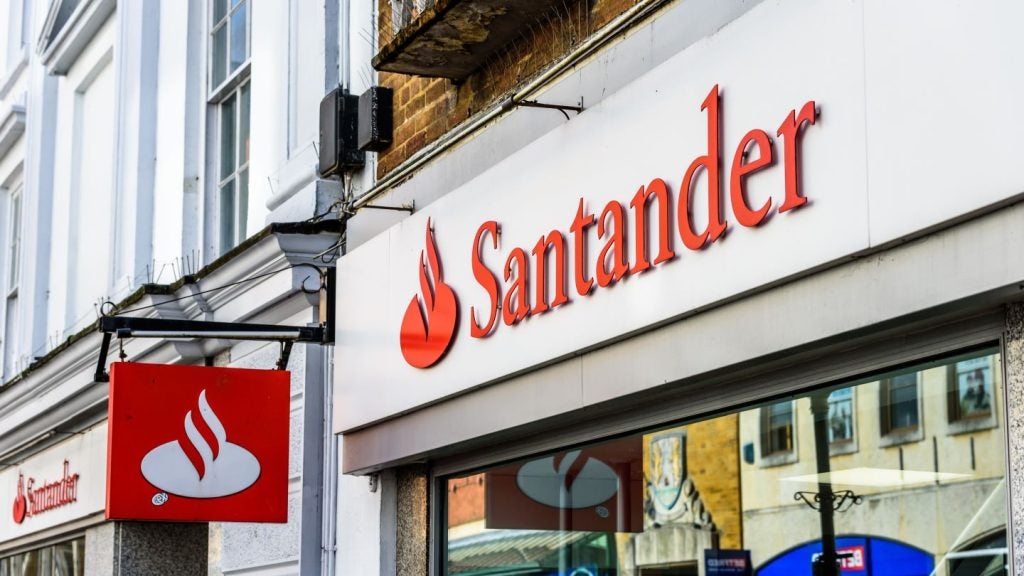Virgin Money announced in the middle of November that it had revived its plan to offer SME banking by 2020, with the first product launching in January 2018.
The challenger bank, which currently only offers retail products, had already expressed interest in SME lending in 2015, but shelved the project just a year later as a result of uncertainty around Brexit.
It now intends to provide SME savings accounts from January, and follow up with business current accounts by the end of 2018. It aims for £5bn in SME deposits over five years, with the first £500m coming in over the first year.
Chief commercial officer Hugh Chater commented: “Now is the perfect time for us to enter banking. It is a market which we see as ripe for disruption, and a perfect fit for our brand. Given our expertise in savings, we see these [SME] deposits as a natural entry point for us into SME banking.
“SME deposits are 50-60% cheaper [for banks] than retail deposits. So they not only present an opportunity to increase and diversify our funding sources, but to also do this at a reduced cost.”
Chief executive Jayne-Anne Gadhia added: “We are as good as Aldermore in terms of attracting SME deposits, and on top of that, we can also offer current accounts.”
How well do you really know your competitors?
Access the most comprehensive Company Profiles on the market, powered by GlobalData. Save hours of research. Gain competitive edge.

Thank you!
Your download email will arrive shortly
Not ready to buy yet? Download a free sample
We are confident about the unique quality of our Company Profiles. However, we want you to make the most beneficial decision for your business, so we offer a free sample that you can download by submitting the below form
By GlobalDataThe bank also mentioned a potential bid for the RBS alternative remedies package in the first half of the year. The package was agreed by the government in place of launching Williams & Glyn as a separate bank from RBS.
Chater said: “The regulators have been talking for some years now about increasing competition in the market by reducing barriers to entry.”
“The recently announced RBS remedies aim to stimulate competition, and could double annual switching rates, making it increasingly difficult for the large, incumbent players to maintain their stranglehold.”
Finally, the bank hinted at plans to offer foreign exchange and accountancy services to businesses at an unspecified point in the future. These would be offered through external partnerships, which would allow Virgin Money to keep the activities off its balance sheets.
However, Gadhia specified that the partnership project was “out of plan” for the moment, with the focus being put on SME deposits and current accounts.
“Once we have got there, the future path is broad and bright,” Gadhia added.
Editor’s analysis
Virgin Money chief executive Jayne-Anne Gadhia said after the referendum vote last year: “we decided to pull back from entering the SME market through the acquisition of an asset finance business. Instead we invested in creating the capability to offer an SME deposit account which we plan to launch in January next year.”
Other challenger banks and SME lenders will be looking at this decision with interest.
On the one hand, there may be a case that there is a large SME business banking market for Virgin to service, which is as yet untapped. Virgin is banking on its brand having crossover potential into consumers’ minds to tap their choice for their small business banking.
On the other hand, other challenger banks have already been rapidly expanding into this market. Certainly in the leasing and asset finance market there is a wide range of provision, and the market dynamics are of close competition and tight margins for deals, which could have explained why Virgin shelved its asset finance market entry in 2016.
With regards to wider business banking, Virgin will have to work extremely hard, or offer extremely competitive SME banking deposit rates, to beat the likes of Aldermore or Metro Bank that it mentioned.
Having a good run at the Williams & Glyn portfolio sell-off will be vital, on top of good deposits, for Virgin to get a foothold in the market and gain scale quickly. But whether Virgin attempts another go at an entry into the leasing market seems dependent on its business bank success.








